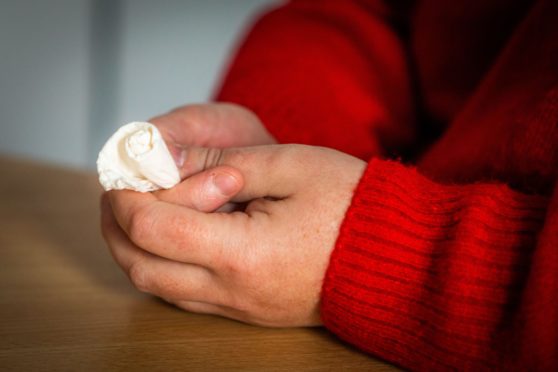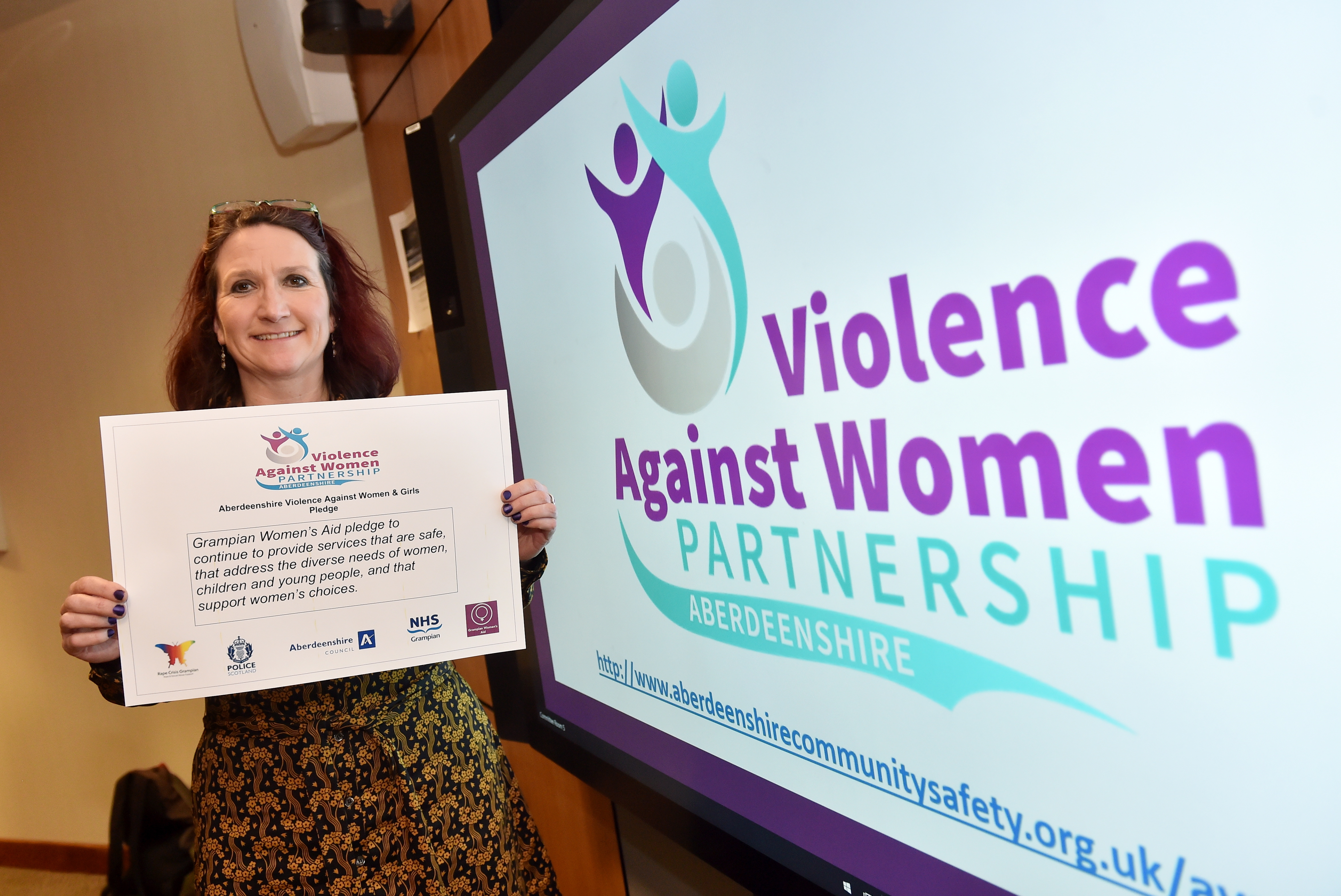Empty properties have been brought back into use to offer refuge for people fleeing domestic abuse in the north-east.
Aberdeenshire’s Violence Against Women and Girls Partnership (VAWG) is working to overcome the various challenges posed by the pandemic and have now revealed how they helped people escape abusive partners by taking over vacant premises at the start of lockdown.
Under the restrictions, partners prone to inflicting emotional and physical abuse had increased access to women, children and young people.
And the lack of normal social networks, such as friends and extended family, to fall back on exacerbated the problem.
Through VAWG, messages have now been shared to thousands of families across Aberdeenshire on the council’s school communications network.
You should not delay seeking help or reporting domestic abuse because of the current coronavirus situation. For more information on domestic abuse, how to get help and how to report it visit https://t.co/KtxnsSgxhe #ReportDomesticAbuse pic.twitter.com/W2TgnVZbgo
— NHS Grampian (@NHSGrampian) June 22, 2020
The organisation has explained how, in a bid to support those who may need urgent accommodation, the housing service brought empty properties back into use early on during lockdown.
Alison Hay, fundraising and development lead for Grampian Women’s Aid, said:
“The ability of women, children and young people living with domestic abuse to access support may be reduced during this period.
“These challenges may be exacerbated by factors such as geography.
“For women, children and young people living in rural communities across Aberdeenshire, there may be few or no neighbours to seek support from, further exacerbating isolation and risk.”
Recent studies have also shown that, before the pandemic, domestic abuse already lasted 25% longer on average in rural areas, as help can be harder to reach.
Ms Hay added: “Tackling violence against women and girls is everyone’s business. The more we ignore the warning signs as a society and even unwittingly condone aggressive or controlling behavior through well-meaning banter, the more of a disservice we are doing to future generations.”
In the north-east, a total of 347 incidents were recorded under the new Domestic Abuse (Scotland) Act 2018 in its first year.

Detective Chief Inspector Alan Armit added: “The message to stay at home does not mean you should not seek support and it is more important than ever that you reach out for help whether it’s for yourself or someone you know.
“If you are in immediate danger, call 999.”
A national helpline for domestic abuse is available by calling: 0800 0271234 or visiting:
The partnership is chaired by Leigh Jolly who is also Interim Head of Children’s Services for Aberdeenshire Council.
She says: “The current restrictions on movement in communities across Aberdeenshire create new risks to those suffering or recovering from domestic abuse and/or violence.
“These include perception that statutory services, such as police and homelessness services, are not operating; the lack of physical access to normal social networks such as friends and extended family; the reduced reach of interventions such as specialist VAWG and universal support services; financial dependencies and increased access by perpetrators to women, children and young people because of social distancing and lockdown measures.”

